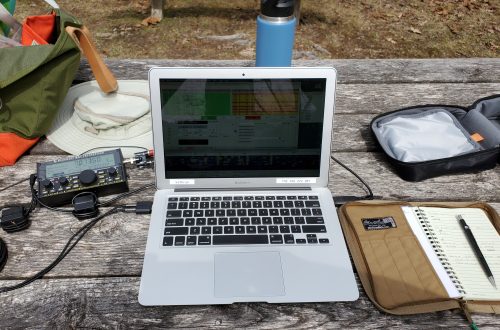mdworker FolderManager err=-36 messages in logs under OS X Snow Leopard
I get a little anal about checking logs on my systems. Over the years, I have found lots of nascent problems while doing simple log scans on all sorts of systems. Doing a periodic scan also helps me to determine what looks normal on a system. When I go to help someone else with an odd problem on their system, I often turn to the logs to see what doesn’t look normal. Were it not for an occasional check of a well-behaved system, I might not be able to pick-up on tell-tale signs of problems in the logs.
Recently, on one of my systems running OS X Snow Leopard, I was browsing the log file and started to see a lot of this:
[date] [time] /System/Library/Frameworks/CoreServices.framework/Frameworks/Metadata.framework/Versions/A/Support/mdworker[31554] FolderManager: Failed looking up user domain root; url='file://localhost/dev/null/' path=/dev/null/ err=-36 uid=504 euid=504
This got me a little concerned. The userid (uid/euid) listed at the end of the message was not familiar to me, and anything looking for a path containing /dev/null is a little disconcerting.
After doing some digging and running a few tests, I found the cause of this problem. It seems that when a user is defined as sharing only, they don’t get all of the same user directory setup as a regular user does. When the system goes into index the files in a sharing only user directory, the result is an attempt to open /dev/null. That, in turn, leads to this error message.
Overall, it seems fairly harmless to leave it be. The log file is going to keep getting hit with this message, but it doesn’t seem to put an undue load on system resources. It is probably safe to leave as-is and just deal with it while searching through the logs. However, I’m not that kind of person–this message had to go.
There are at least two ways to solve this. Method #1 is simple: Delete the user or convert them to a full-function user. Method #2 is more complex, and might be advisable if you have users that need to stay on your systems in sharing-only mode: Create an empty directory for the user, and edit their details to set their home directory to the directory that you created. Editing those details can be performed from the Accounts control panel, by selecting Advanced while editing a user.
For the record, I chose Method #1 in this case–I didn’t need this user, and can always set up a quick temporary sharing-only account when I need that functionality. If this were something that I had to do often, I probably would have chosen Method #2.
I hope this might be able to help you out a little bit.
jonathan



One Comment
aname
thank you for the advanced tip. right clicking a name in the system prefs > accounts tab gives more settings. setting the home to an existing dir fixes the error